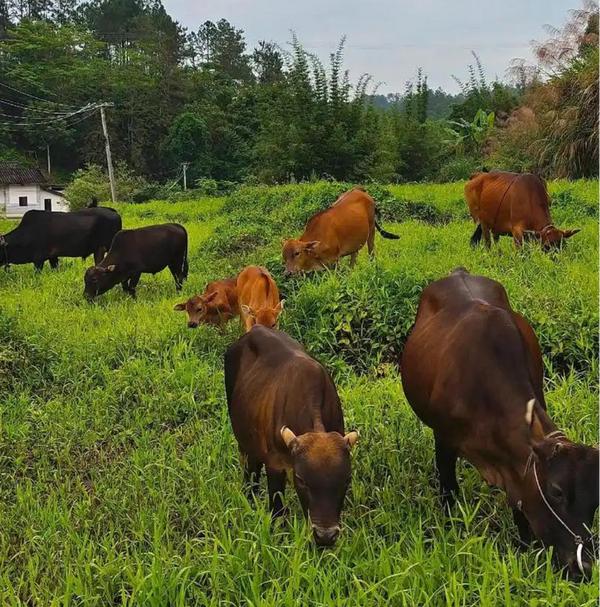China's Beef Import Investigation
China’s Ministry of Commerce launched a safeguard investigation into imported beef on December 27, 2024, following concerns about surging imports affecting domestic producers. The probe covers 2019-2024 data amid a 65% import growth.

The recent investigation into beef imports by China’s Ministry of Commerce marks a significant development in the country’s meat industry landscape. This probe comes at a critical juncture as China’s domestic beef producers face mounting challenges from surging imports.
The dramatic rise in beef imports has fundamentally altered China’s meat market dynamics. Between 2019 and 2023, beef imports increased by 65%, with the first half of 2024 showing import volumes more than double compared to the same period in 2019. Major exporters to China include Brazil, Argentina, Uruguay, Australia, New Zealand, and the United States, collectively accounting for over 90% of China’s beef imports.
This import surge has severely impacted domestic cattle farmers. Current data indicates that over 65% of Chinese cattle farms are operating at a loss, with each head of cattle representing a deficit exceeding 1,600 yuan as of November 2024. The situation has forced many farmers to sell their breeding cows for slaughter, threatening the industry’s long-term sustainability.
The price disparity between domestic and imported beef highlights structural challenges in China’s cattle industry. While countries like Brazil and Argentina benefit from advanced large-scale farming operations and favorable natural conditions, Chinese cattle farming remains predominantly small-scale and fragmented, resulting in higher production costs.
The investigation represents more than just a trade measure - it reflects deeper concerns about food security and agricultural sustainability in China. While imported beef has made the protein more accessible to Chinese consumers, with prices dropping to around 30 yuan per jin (500g) in some markets, the long-term viability of domestic production remains crucial for China’s food security strategy.
Industry experts suggest that addressing these challenges requires more than trade measures. Modernizing China’s cattle industry through scale operations, improved breeding techniques, and efficiency improvements could help domestic producers become more competitive. However, such transformation requires significant time and investment.
The investigation’s outcome could reshape China’s beef market dynamics in the coming years. While the probe aims to protect domestic producers, it must balance this goal against consumer interests and international trade obligations, making it a complex policy challenge for Chinese authorities.